India is set to experience significant transformation in 2025 with the completion of several major infrastructure projects that will improve connectivity, reduce travel times, and stimulate economic growth. These initiatives span multiple sectors, promising a more efficient and sustainable future for the country. Let’s take a closer look at six key projects that will reshape India’s landscape.
1. Hyderabad’s H-CITI Programme
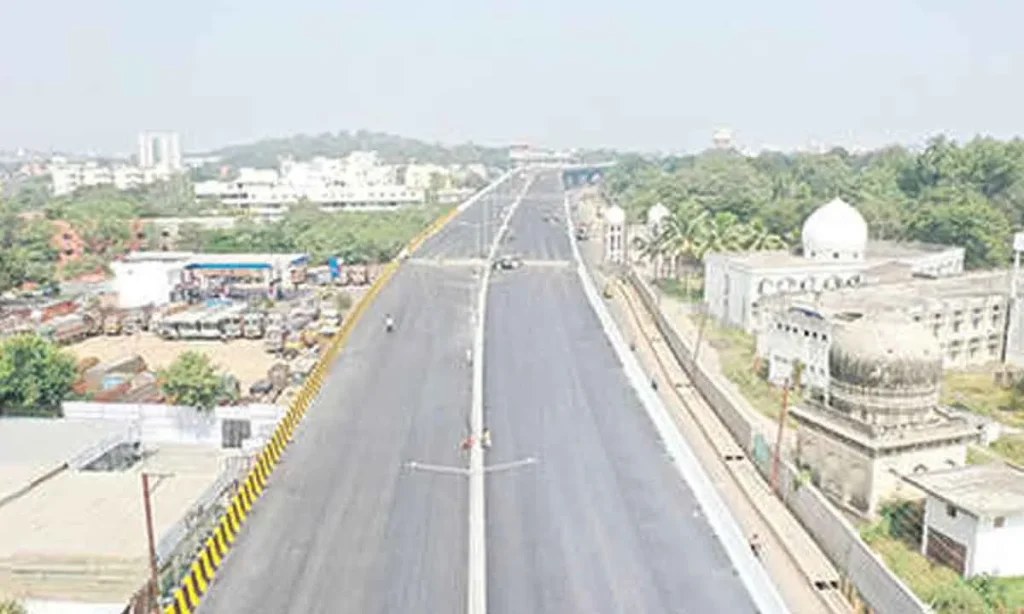
The Hyderabad City Innovative and Transformative Infrastructure (H-CITI) Programme is a game-changer for Greater Hyderabad. With an investment of ₹7,032 crore, this initiative includes 38 projects aimed at tackling traffic congestion and improving urban mobility. Key components of this programme include flyovers, tunnels, and pedestrian-friendly infrastructure, all designed to enhance travel speed and reduce fuel consumption. By improving road conditions, the initiative will boost average journey speeds and help create a more efficient city.
2. Mumbai’s Coastal Road
Mumbai’s Coastal Road project will be marked by the installation of a crucial connector between the Coastal Road and the Bandra-Worli Sea Link on January 26, 2025. Once complete, it will provide a smoother, faster commute for drivers, alleviating the city’s notorious traffic congestion. Alongside road improvements, the project will also develop 70 hectares of reclaimed land, transforming Mumbai’s coastline with new promenades and themed precincts, further enhancing the city’s waterfront and its appeal.
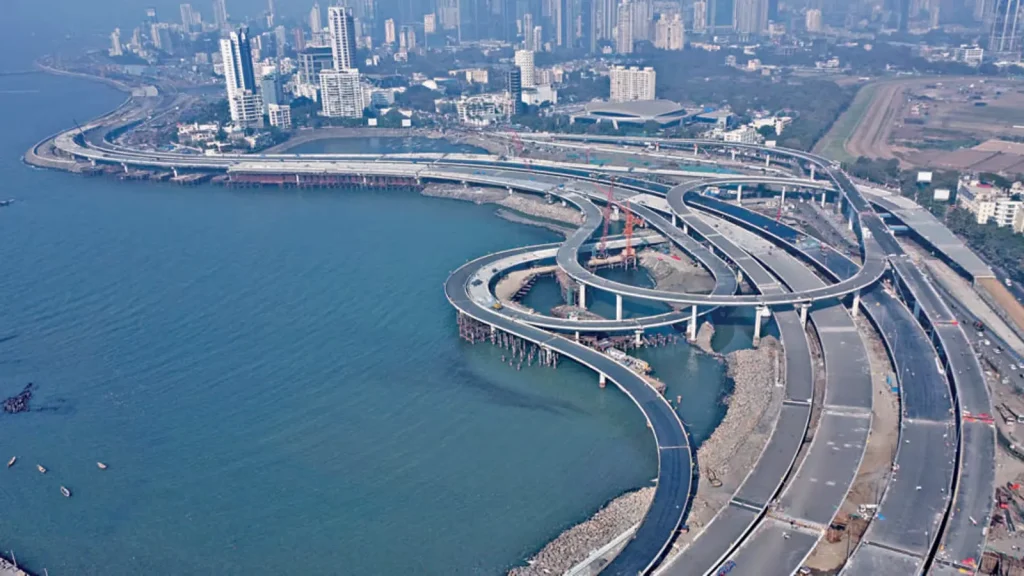
3. Jewar International Airport
Scheduled to open on April 17, 2025, Jewar International Airport in Uttar Pradesh will be Asia’s largest and the world’s fourth-largest airport. The first phase will feature a 101,590 sq m terminal and a 3.9 km runway, with the capacity to handle up to 12 million passengers annually. Designed with sustainability in mind, the airport will contribute to the National Capital Region’s (NCR) growth and serve as a key economic driver for Uttar Pradesh.
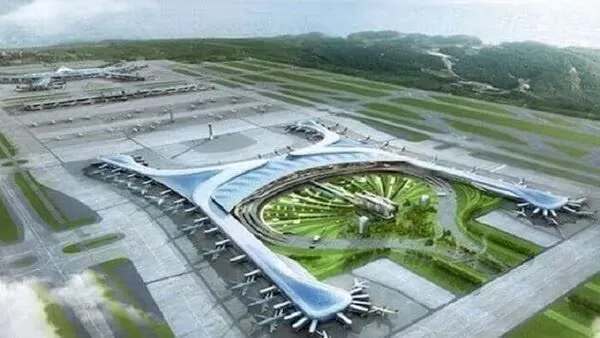
4. Gorakhpur Link Expressway
Set to be inaugurated in January 2025, the 91.35-kilometre Gorakhpur Link Expressway will connect Gorakhpur with Azamgarh and the Purvanchal Expressway. This expressway, built at a cost of ₹7,283 crore, promises to cut travel time between Gorakhpur and Lucknow to just 3.5 hours. Once operational, it will drive regional economic growth, reduce fuel consumption, and provide safer, smoother travel for commuters.
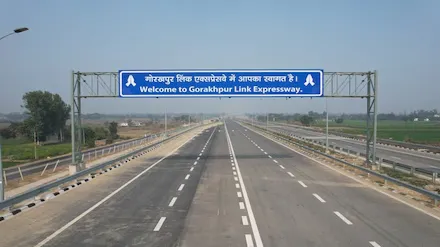
5. Ganga Expressway
The Ganga Expressway, expected to open by November 2025, will be India’s second-longest expressway, spanning 594 kilometres. Connecting Meerut to Prayagraj, it will pass through 12 districts and 518 villages. With significant engineering feats like bridges over the Ganga and Ramganga rivers, the expressway will reduce travel times and boost economic activity in the region, all while ensuring smoother, faster connectivity.
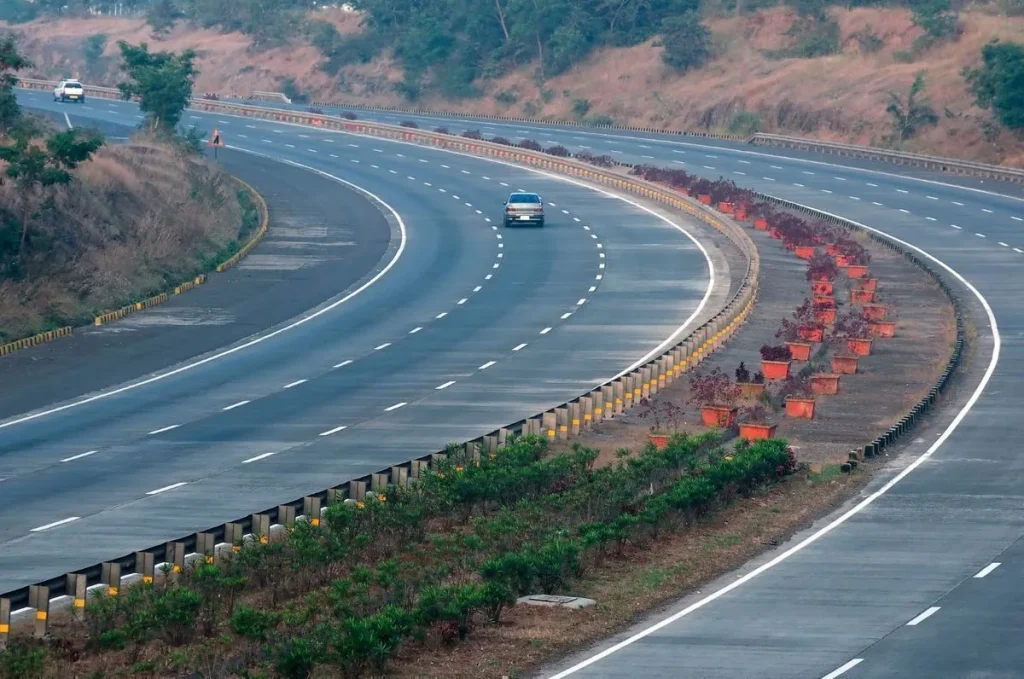
6. Delhi-Mumbai Expressway
One of India’s most ambitious infrastructure projects, the Delhi-Mumbai Expressway, is expected to be completed by 2025. This 1,386-kilometre expressway will slash travel time between Delhi and Mumbai from 24 hours to just 12 hours. With features like solar-powered lighting and wildlife crossings, the expressway is a model of sustainability and convenience, ensuring a more efficient logistics network and enhancing connectivity between two of India’s most important cities.
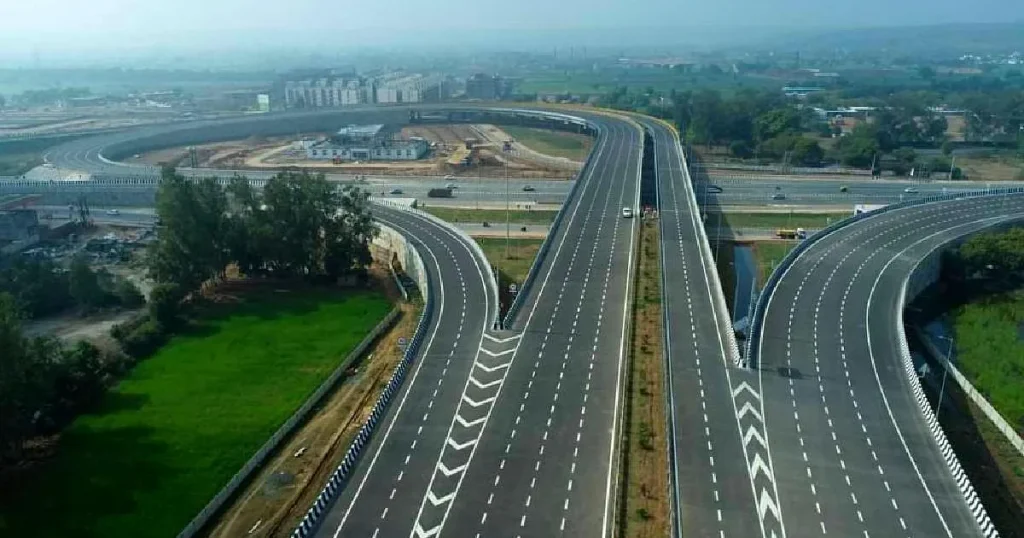
The year 2025 marks a milestone for India’s infrastructure development, with projects that will transform urban mobility, aviation, expressway connectivity, and more. As these projects come to life, they will contribute to a more connected, efficient, and sustainable India, paving the way for greater economic growth and a higher quality of life for millions of people.
